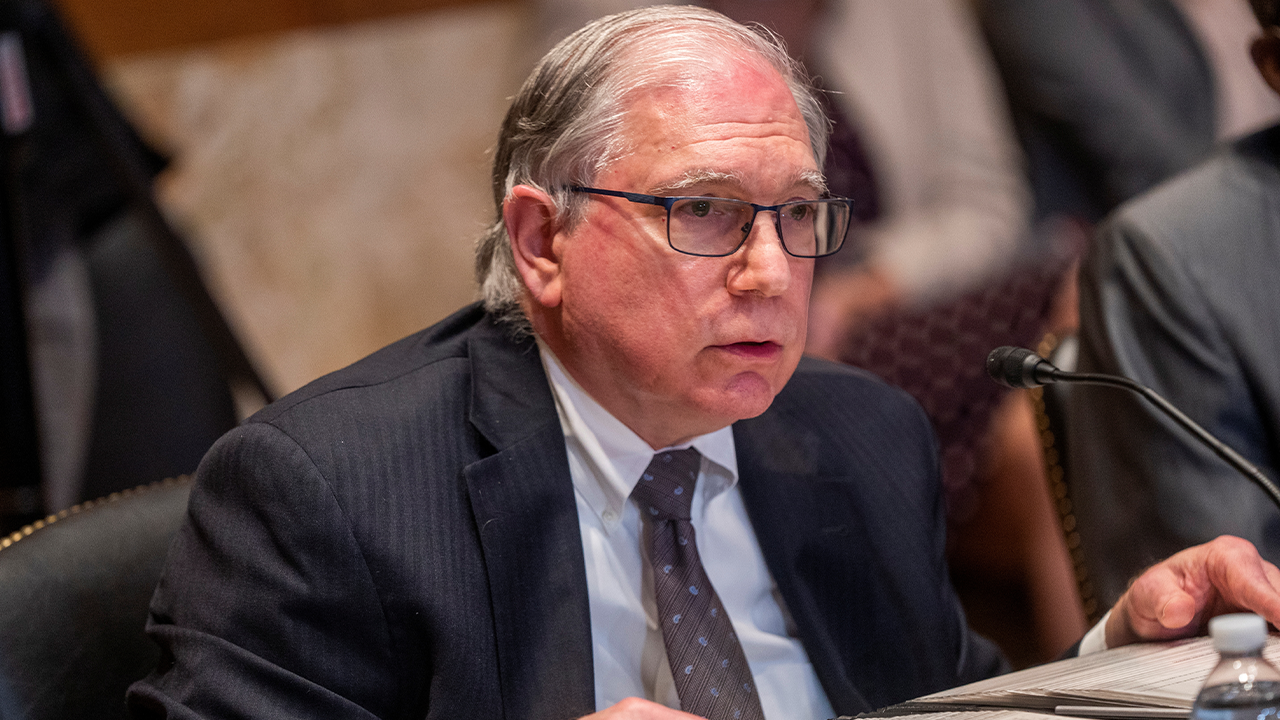Politics
NIH principal deputy director, who led agency during COVID, resigns abruptly

The Sudden Resignation of Dr. Lawrence A. Tabak: A Leadership Shift at NIH
Dr. Lawrence A. Tabak, a seasoned leader at the National Institutes of Health (NIH), has unexpectedly stepped down from his position as Principal Deputy Director, effective February 11, 2025. After dedicating 25 years to the NIH, his resignation marks the end of an era. Tabak’s journey began as the director of the National Institute of Dental and Craniofacial Research before rising to become the second-in-command at NIH in 2010. His tenure included pivotal moments, such as leading the agency during the COVID-19 pandemic, where he, alongside Dr. Anthony Fauci, faced intense scrutiny from Republicans regarding NIH’s pandemic response.
A Legacy of Leadership and Challenges at NIH
During his time at NIH, Dr. Tabak was known for navigating complex issues, often acting as the troubleshooter for difficult problems. His colleagues describe him as someone who handled the agency’s most challenging tasks, sometimes being the "fall guy" when situations went awry. Tabak’s experience and dedication were evident in his leadership, yet his resignation comes amid significant changes within the Health and Human Services Department (HHS), NIH’s parent agency, following President Donald Trump’s administration taking office in January 2025.
The Role of Dr. Tabak in the COVID-19 Response and Political Pressures
Dr. Tabak played a crucial role during the COVID-19 pandemic, stepping into the acting director position and facing rigorous questioning from Republican lawmakers. He was part of a group, including Dr. Fauci and former NIH Director Francis Collins, accused by congressional investigators of shaping the narrative around the virus’s origins. A controversial phone call in early 2020, involving promient scientists, was seen by critics as influencing a scientific paper that dismissed the lab-origin theory of the virus. Additionally, Tabak was central to investigations into gain-of-function research at the Wuhan Institute of Virology, facing criticism for delays in releasing information requested by Republican investigators.
Political Dynamics and the Aftermath of Tabak’s Resignation
Under President Trump’s administration, NIH and HHS have faced significant challenges, including budget cuts and plans to reduce staff. Typically, Tabak would have been the natural choice for acting director following the resignation of the previous director. However, the position was given to Dr. Matthew Memoli, a critic of COVID vaccine mandates. This unexpected decision reflects the ongoing political shifts within HHS and NIH, signaling potential changes in the agency’s direction under the new administration.
Dr. Tabak’s Legacy: A Commitment to Science and Service
Despite the circumstances surrounding his resignation, Dr. Tabak’s contributions to NIH and the scientific community are undeniable. Colleagues have praised his dedication and willingness to address the agency’s most demanding challenges. His departure leaves a void in leadership, particularly during a time of transition and uncertainty for NIH. Tabak’s resignation is a reminder of the high-stakes political and scientific environment in which he served, where even the most dedicated public servants can find themselves at the center of controversy.
The Road Ahead: Implications for NIH and Public Health
As NIH faces a leadership transition, questions remain about the future of the agency under the Trump administration. The appointment of Dr. Matthew Memoli as acting director and the broader shifts within HHS suggest a potential shift in priorities for the agency. Tabak’s resignation serves as a focal point for broader discussions about the intersection of science, politics, and public health. His legacy underscores the importance of maintaining scientific integrity and independence in the face of political pressures, a challenge that will continue to shape the work of NIH and its leaders in the years to come.